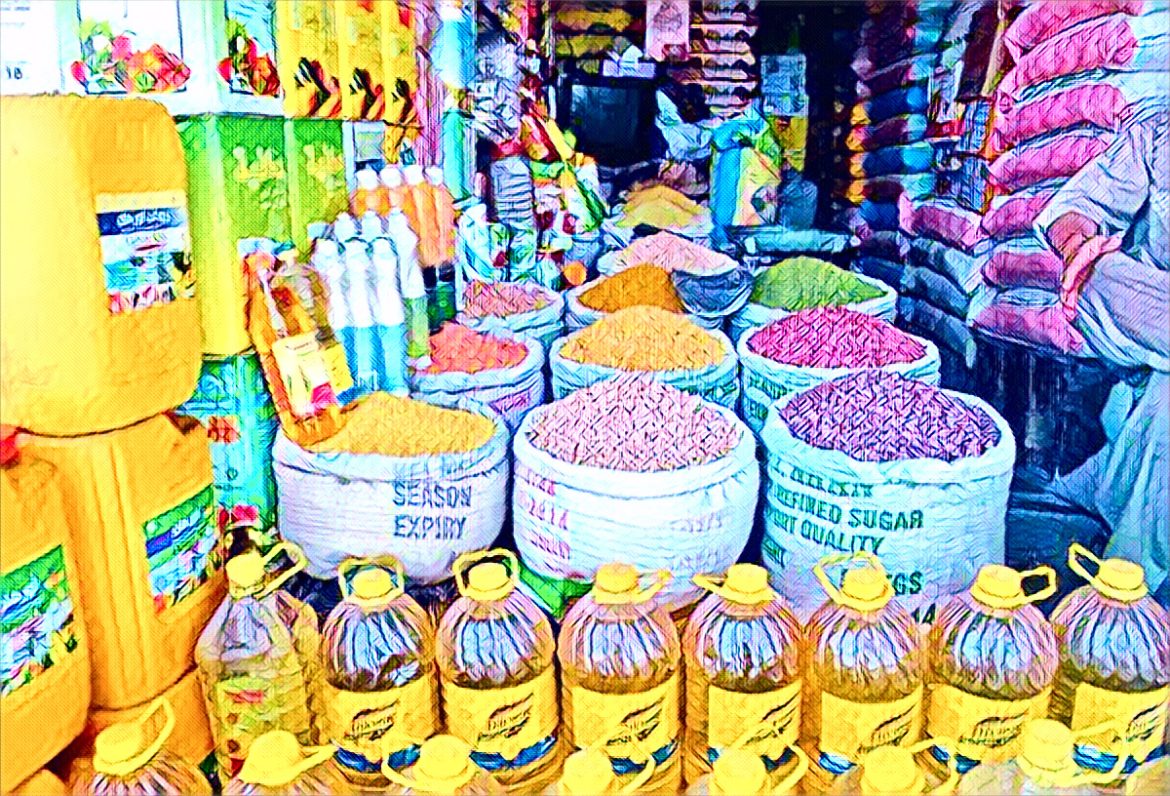Nigeria is facing a severe food crisis, and things are looking bleak. Across the country, a combination of natural disasters and government confusion is making it difficult for Nigerians to find affordable food. Heavy floods and a serious drought are happening at the same time, wiping out crops and pushing food prices higher and higher. As if that wasn’t enough, there’s also the threat of pests that could make things even worse.
Right now, ten states in Nigeria, including Kaduna, Kano, and Taraba, are experiencing serious flooding. These states are major food producers for the country, and the floods have destroyed large areas of farmland, leaving many farmers without a harvest. At the same time, states like Kogi and Kwara are dealing with a severe drought. These twin disasters mean that the food supply is shrinking just when people need it most.
But the trouble doesn’t end there. There’s a growing fear that pests like locusts could invade farms that are already struggling with floods and droughts. If this happens, the damage to Nigeria’s food supply could be even worse, leading to a full-blown food catastrophe.
The Nigerian government seems overwhelmed by the situation. Instead of a clear plan to tackle the food crisis, there’s a lot of confusion and inaction. In other countries, like the United States, each state is responsible for its own food production and distribution. But in Nigeria, state governments often rely on the federal government to provide food, a strategy that isn’t working well now.
In the past, Nigerian regions managed their food production more independently, and people weren’t as reliant on the government for basic supplies. But today, many Nigerians are waiting for government help that isn’t coming fast enough. This has led to frustration and fears of starvation in some areas.
With the ongoing floods and droughts, food prices are skyrocketing. For example, the price of a 100kg bag of groundnuts has doubled from N30,000 to N60,000 in just a year. This makes it harder for families to afford basic necessities.
The government’s attempt to solve the problem by allowing some food imports isn’t going smoothly either. The new import rules are complicated and might not even help the areas that need it most. For example, Lagos State has a rice mill that could provide rice more cheaply, but because it hasn’t been in business for five years, it’s not allowed to import the rice it needs.
To tackle this crisis, Nigeria needs better leadership and more effective policies. Instead of depending solely on the federal government, state governments should take more responsibility for managing their food supplies. This includes investing in local food production and infrastructure to prevent future shortages.
Moreover, the government should simplify its import policies to allow more businesses to bring in food supplies quickly, especially to the regions that are hit hardest by the crisis. Without swift action, Nigeria’s food crisis could become even more severe, affecting millions of people across the country.
In the face of these challenges, Nigerians are calling for a clear and urgent response from their leaders to avoid a deeper crisis.
Source: Vanguard


